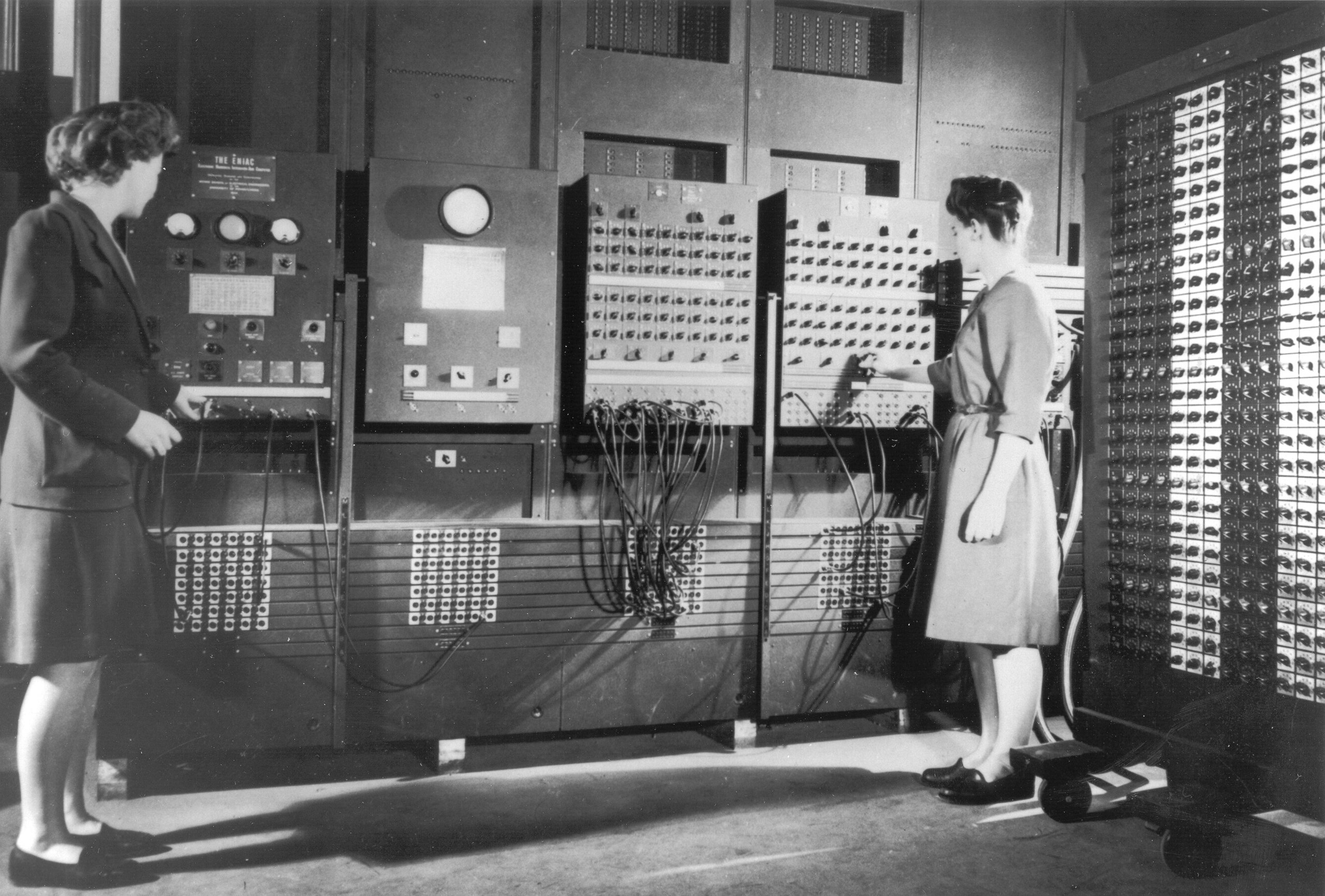
Many of us learned to use our smartphones and tablets because it became unavoidable, often being the only way to remain connected with friends and family (thinking of the grandchildren’s video calls). Today, people can be vilified as antisocial for being constantly on their smartphones, while the past is often glorified (the good old days of reading hard copy newspapers versus the digital newspapers of today) – mostly because we don’t fully comprehend the power of today’s technology and what it does for us.
Our speaker, Sara Van Zandycke, will offer a playful insight into today’s technology. With a hint of nostalgia, she will cite examples of how that technology has evolved and affected society, and how we view smartphones and tablets. Sara questions: why spend two hours at the town hall applying for a new identification card when you can do it at home in two minutes?
Sara Van Zandycke is a computer literacy instructor and consultant helping children, professionals and seniors alike to understand, embrace and master new technologies. She founded Digibeta after discovering the digital divide was still a challenge in Belgium. Digibeta is all about social engagement; wanting people to feel included, comfortable and independent in this ever-changing digital world. Its mission is to support people who are encountering difficulties using their technological tools, whether at home or in the office.
Photo credit Andrea Picquadio on Pexels
Our speaker, Sara Van Zandycke, has for the last five years been discussing and teaching technology as a digital skills expert, in honour of her late father. Sara’s father, who was not a fan of technology, eventually bought a computer for banking/stock management and later for music downloading, and Sara played a key role in helping him do that. Sara’s philosophy when it comes to using technology is the old adage “if you stand still, you are actually moving backward.”
The talk began with a brief history of technology. In the 1940s the ENIAC (the first programmable computer) was invented in the United States, and used for the calculation of missile trajectory in WWII. At that time, women who performed mathematical calculations were referred to as computers, and upon realizing they were about to lose their jobs to technology, they became the very first computer programmers. The size of an early computer was approximately 9x11 meters, and the first computer bug was actually a real bug (insect) which had shorted the circuit making it unable to operate. The number of transistors on a microchip doubles every two years or so, though the cost per transistor falls, according to Moore’s Law.
Sarah noted that earlier home computer models contained one to two terabytes of storage, whereas today’s contain one half of a terabyte. Storage information is now held “in the cloud” which are physical data centres (with a Google Data Centre located in Mons/Bergen here in Belgium). The storage method makes it easier to synchronize information among our own devices and share it with others (as well as being an income generator for companies like Google).

Next Sara discussed how the size of technology matters to us in our day-to-day lives. Early phones were somewhat large and limited in what they could do, so MP3 players and cameras were still necessary. The introduction of the smartphone (the first iPhone) combined all what we needed in one device and added the revelation of the touch screen, internet connectivity, and apps (applications) used to personalize our phones to our own needs. With time, phone screens have become even bigger, and we have become more productive due to ease of typing and being able to open multiple apps at once, watch movies or videos, make video calls, and use GPS.
The way in which we watch television is also changing, Sara pointed out. In the early years, television created social gatherings (as not every household had a tv). Decades later, watching television became more habitual and even somewhat addictive. With the introduction and subsequent popularity of Reality TV, television producers became aware of the fact that “authenticity” in shows was a hit. People started creating their own shows (or content) via videos, which led to the creation of YouTube. In 1997, the subscription-based, video-on-demand streaming service Netflix (and others since) made us no longer obliged to watch what was being offered by the tv networks, but allowed us to watch what we want and when we want to watch it. It seems tv addiction is no more, but it has been replaced with phone and tablet addiction for some users.
The concepts of information and education and how we attain them continues to change, Sara expounded. Many of us remember the days of using encyclopaedias and the library card catalogue system to search for what we needed to know. Those methods have since been replaced by the term “google it.” Using the Google search engine (or a similar one) for information has itself become easier – the need for key words and clicking on a page has evolved into something as easy as saying “hey Siri… ,” followed by a question. The manner of looking for answers continues to evolve in today’s digital world.
Today, technology is being imposed on our lives. As Sara shared, “technology is not just a tool, it’s a lifestyle that shapes the way we think, work, and interact with the world around us. Technology has revolutionized communication, education, healthcare, transportation, and more. The world is more connected, efficient, and productive than ever before.” But of course, that comes with disadvantages too. Fake News and misinformation is a result of everyone being connected and being able to contribute to the internet. And Sara added that “social media addiction can cause anxiety, depression, and social isolation. Overuse of technology can also lead to decreased productivity and creativity.” The next step in the evolution of technology is AI (artificial intelligence), VR (virtual reality), robots, and quantum computers. Keeping up with this developing technology will be difficult for governments and police departments, including the need to address the ethical implications of those technologies. In conclusion, Sara gave this piece of advice when using technology:
• BE CAREFUL (think about your safety)
• BE SELECTIVE (in the technology we choose to use)
• BE CRITICAL (not all technology has the same benefits for everyone)
• BE INVOLVED (talk to others about their experiences with using technology).
Photo from Public Domain



